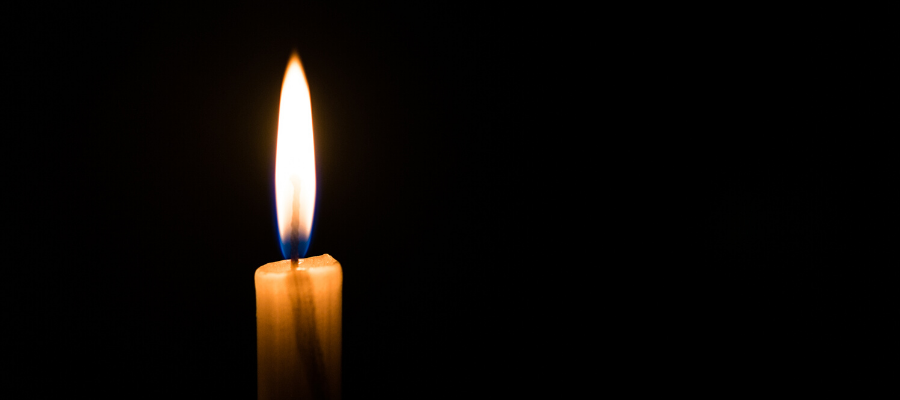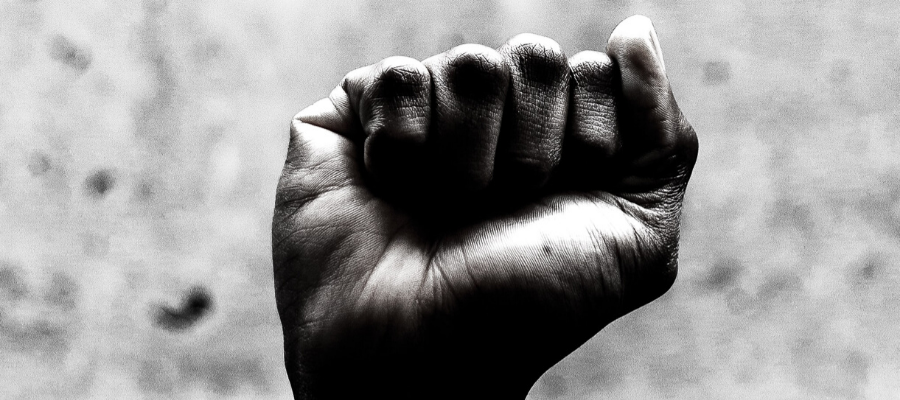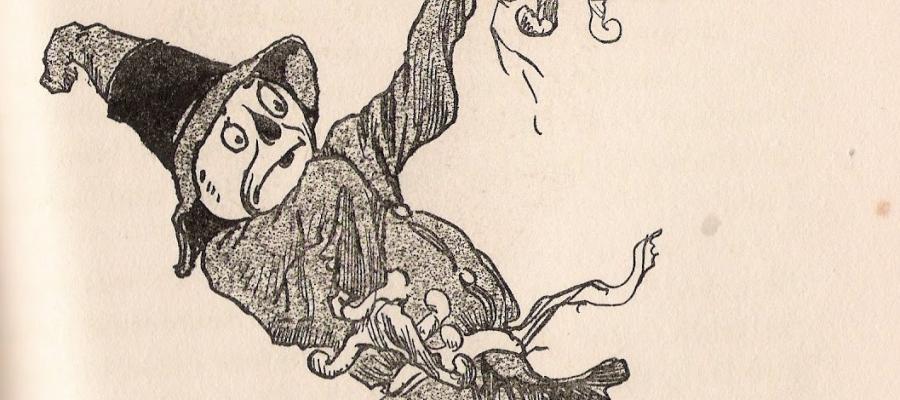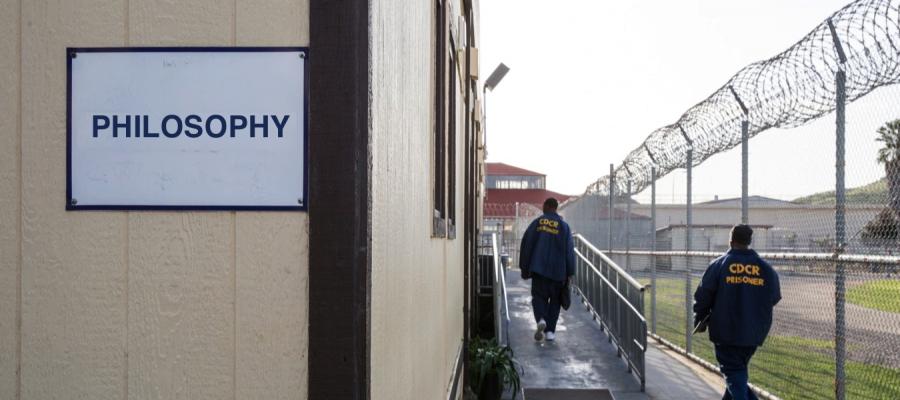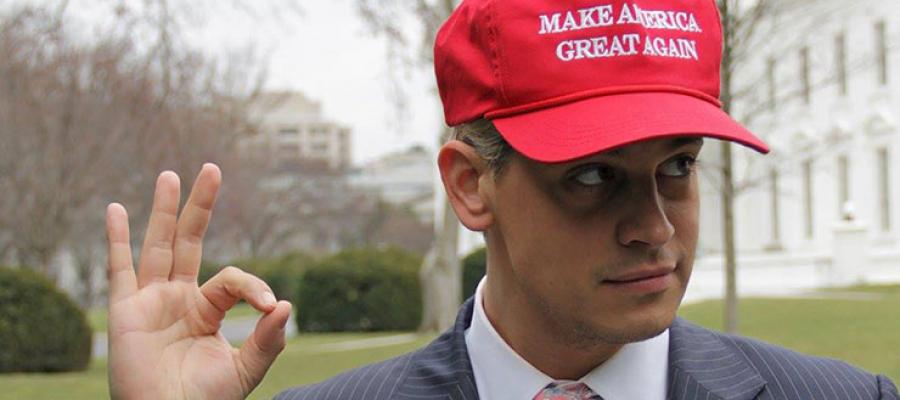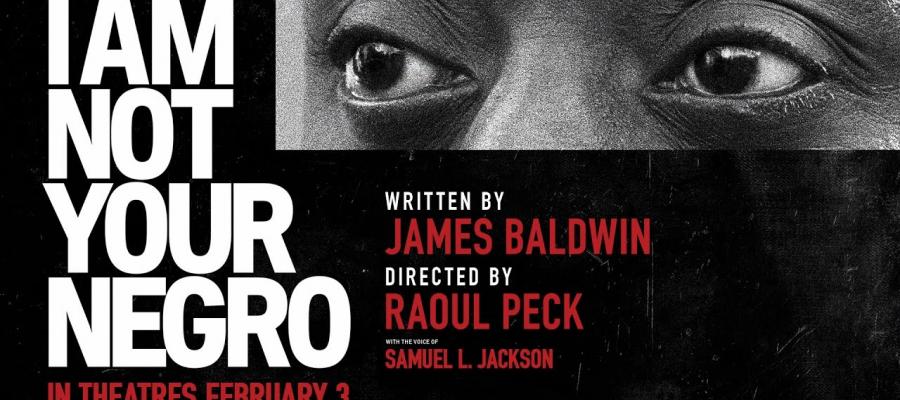Deadly Thought Experiments
06
Feb 2017
Consider the now-famous philosophical thought experiment, the trolley problem. An out-of-control train is barrelling into five railroad construction workers, and as an onlooker, you notice a lever that you could pull to divert the train to a track with only one worker. Do you pull the lever? Should you pull the lever?
Read more#FrancisOnFilm: Sundance - It's a Wrap!
02
Feb 2017
In the last three days of Sundance, I was fortunate enough to see a few more movies worth looking out for. The first four below haven’t reportedly been sold for distribution, but you may be able to catch parts or all of them online.
Read more[VIDEO] What Is Evil?
11
Feb 2017
When hearing about human-inflicted tragedies, you have probably wondered at some point or another: How could someone possibly commit such a horrendous act? Evil frequently befuddles us, leading us to picture evildoers as bizzare cases of humanity, completely apart from the typical population. But how accurate is this depiction of evil? The video below, "What is Evil?" examines Hannah Arendt's thinking as she tries to understand the nature of evil, after witnessing the trial of Nazi Official Adolf Eichmann.
Read more[AUDIO] What Role Should Anger Play in Our Lives?
05
Feb 2017
Anger and outrage: useful emotions that we cannot ignore, or simply a base desire for revenge? Are these (sometimes violent) emotions something we should strive to move beyond, or do we have a right to their expression? When is anger appropriate, and in what ways can it be channeled, if at all?
Read moreIs it Okay to Punch Nazis?
04
Feb 2017
On the day of Donald Trump’s inauguration, Richard Spencer, a polemic thought leader in the racist “alt-right,” was punched in the face by a masked protestor. The moment was caught on video, and the punch quickly went viral on Twitter (sometimes set to music like Bruce Springsteen’s “Born in the USA”).
Read moreThe Emperor Has No Philosophy
07
Feb 2017
In a recent article from the New Statesman, prompted by the death of philosopher Derek Parfit, journalist David Herman wonders what happened to the public intellectual. Where has philosophy disappeared to? In America, there has been much demand for a better, more competent press. So much so, that publications such as the New York Times claim they have the "truth" -- so you ought to subscribe! A good (and free) press is surely necessary, but is it really sufficient in this day and age?
Read more[LIVE VIDEO] Philosophy Conference on Trump
03
Feb 2017
Can philosophers help us come to grips with Trump and our current political situation? Tune in to the live stream for the Penn conference on "Trump, Philosophy, and American Politics: Philosophical Implications of the 45th Presidency" and find out! Tune in here:
Read more[AUDIO] Love Is on the Air
14
Feb 2017
What's a producer to say about love? I'll leave the heavy philosophical lifting to John and Ken, and present this Valentine's Day playlist featuring philosophers and others thinking deep about this thing called love.
Read moreRIP Bharati Mukherjee
08
Feb 2017
We were saddened to hear of the passing of Bharati Mukherjee last month. Bharati was an American writer and professor of English who was born in Calcutta, India. She was interested in questions about identity, alienation, and multiculturalism, particularly as it pertained to the immigrant experience. She joined John and Ken on the show in 2012 to talk about "Identities Lost and Found in a Global Age," which you can listen to below.
Read moreIn Defense of Polyamory
13
Feb 2017
Carrie Ichikawa Jenkins, a philosopher at the University of British Columbia, enjoys an open relationship with her husband. In a recent profile in The Chronicle of Higher Education, Moira Weigel profiles Jenkins's experience as a person in a "polyamorous" relationship.
Read moreThe Case For (and Against) Reparations
09
Feb 2017
After the civil war, instead of reparations and restorative justice, black people were subjected to new forms of oppression: sharecropping, Jim Crow segregation, separate but equal schooling, housing discrimination -- not to mention lynchings and worse. If blacks weren’t paid reparations back then, why would we expect it to happen now?
Read moreHow to Honor Black History Month
16
Feb 2017
February is Black History Month. But how should we honor the occasion—especially if you're white? In addition to recognizing black artists and intellectuals, is there a more sincere way to honestly reflect on your role in America's dark past? Philosopher George Yancy thinks we can do more.
Read moreWhy Teach Prisoners?
10
Feb 2017
Our show this week, “Philosophy Behind Bars” features guest Jennifer Lackey, a professor of philosophy from Northwestern University who also teaches philosophy at the Stateville Correctional Center in Illinois.
Read moreAre Self-Help Books Useless?
24
Feb 2017
Do self-help books rely on a sort of magical thinking about the control we have over our lives? Do they feed into an idiosyncratic, American narcissism that prioritizes furthering our pursuits over helping others? Are they even worth reading in the first place?
Read more[VIDEO] What is the Straw Man Fallacy?
18
Feb 2017
We are exposed to arguments in a variety of settings: in politics, the workplace, and our personal lives. But how do we distinguish between valid arguments and mere rhetorical devices? In this episode from Wireless Philosophy, Joseph Wu explains the Straw Man Fallacy, a common form of argument that misrepresents an opponent's views. Don't let it fool you again!
Read morePhilosophy Behind Bars
15
Feb 2017
American prisons are, for the most part, overcrowded warehouses, devoted to the punishment and daily humiliation of their inmates. As such, one would expect that they are probably not very conducive to either the teaching or the studying of philosophy–or any other academic subject matter. But does it have to be that way? Our guest this week is Jennifer Lackey, who teaches philosophy at Northwestern University and at Statesville Correctional Center in Illinois.
Read moreIs Postmodernism to Blame for Post-Truth?
17
Feb 2017
Is postmodernism to blame for the current state of American politics, as philosopher Daniel Dennett claims? Or has disrespect for the distinction between truth and lies been around since before postmodernism? Should we instead be thanking postmodernism for giving us frameworks and vocabularies to make sense of current politics?
Read more[AUDIO] Why is Free Speech Important? (Ask a Comedian)
21
Feb 2017
In this podcast of Free Speech Bites, Burmese comedian and filmmaker Zarganar shares his experiences of being silenced for controversial speech and explains why he sees freedom of expression as a significant issue to this day.
Read moreThe Philosophical Dimensions of Reparations
22
Feb 2017
The historical injustices perpetrated against blacks on American soil span four centuries and would be impossible to quantify. Even if we think reparations are owed, it seems impossible to settle who should pay, and who should receive them. But before we give in to the impulse to throw up our hands, let’s see if we can alleviate our sense of hopelessness by distinguishing components of the challenge injustices pose—the metaphysical, epistemic, and pragmatic dimensions to the question of how to address them.
Read moreThe Responsibility of Intellectuals
23
Feb 2017
In these times, in which truth and lies are nearly indistinguishable, do all intellectuals have a responsibility to devote their efforts toward directly speaking truth to power and mobilizing for social justice? Or are some exempt from this responsibility to pursue their interests wholeheartedly, regardless of whether it directly helps the people or not?
Read moreFree Speech on Campus
25
Feb 2017
When a Stanford student posts a picture of a lynching on a the door of an African-American student with the words “Go Home” scrawled across the bottom, that is a violation of the honor code. If Stanford expels the student, as I believe it should, it has abridged his or her freedom of speech. But it hasn’t violated the First Amendment.
Read moreIs Milo Really a Conservative?
27
Feb 2017
Although the National Review's Jonah Goldberg doesn't frame the aricle this way, I took his recent reflection on Milo Yiannapoulos to be primarily a matter of political courage. The transgressive former-Breitbart editor was, to some extent, embraced by the right. While he did get people's attention, he did so in problematic ways.
Read more#FrancisOnFilm: I Am Not Your Negro
28
Feb 2017
I Am Not Your Negro, an extraordinary documentary by Raoul Peck, presents the critical relevance of James Baldwin to the violence that engulfs many African Americans today. But is it a movie made more for white liberals than for African-Americans?
Read more[AUDIO] Black History Month: A Playlist
01
Feb 2017
On February 5, John and Ken will talk to Michael Dawson from the University of Chicago about Reparations. February is, of course, Black History Month, and we often try to schedule programs in that month that question our assumptions about African-American history, politics, and culture.
Read moreArendt on Totalitarianism
20
Feb 2017
Despite being over forty years old, Roger Errera's interview of philosopher Hannah Arendt in the New York Review of Books may be as timely as ever. Could something approaching totalitarianism be unfolding before us today—either in America or abroad? We hear echoes throughout the interview that may remind you of our current political situation.
Read more







